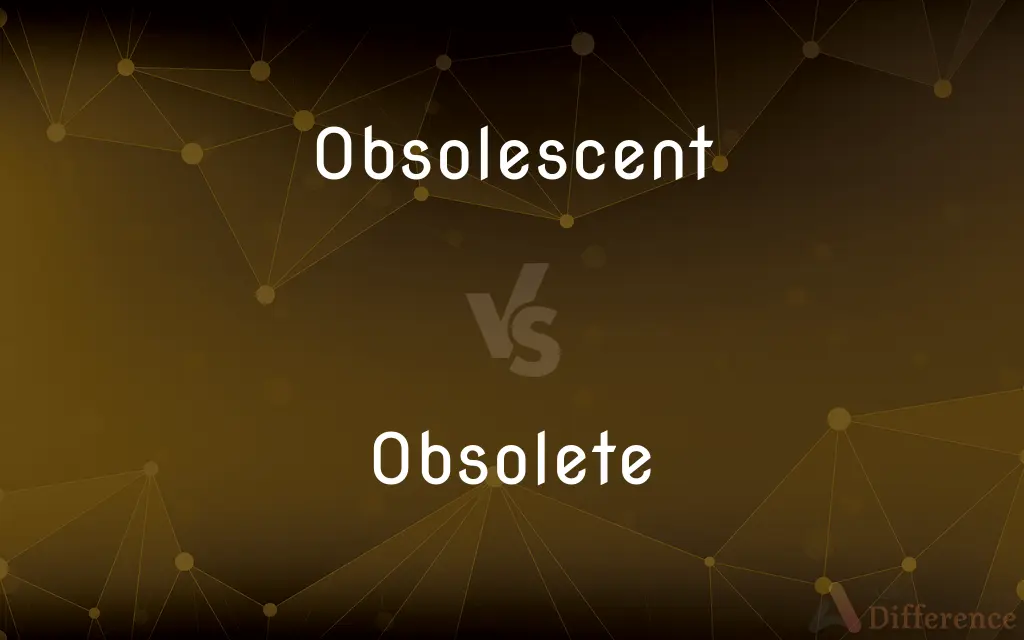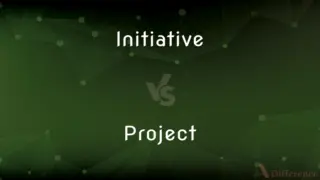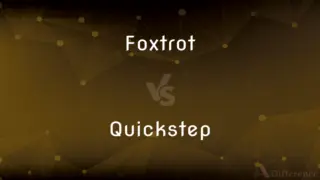Obsolescent vs. Obsolete — What's the Difference?

Difference Between Obsolescent and Obsolete
ADVERTISEMENT
Definitions
Obsolescent
Being in the process of passing out of use or usefulness; becoming obsolete.
Obsolete
No longer in use
An obsolete word.
Obsolescent
(Biology) Becoming reduced during the course of evolution; vestigial or nearly vestigial. Used of an organ or other part of an organism.
Obsolete
Outmoded in design, style, or construction
An obsolete locomotive.
Obsolescent
In the process of becoming obsolete, but not obsolete yet.
ADVERTISEMENT
Obsolete
(Biology) Vestigial or rudimentary, especially in comparison with related or ancestral species, as the tailbone of an ape. Used of an organ or other part of an organism.
Obsolescent
Going out of use; becoming obsolete; passing into desuetude.
Obsolete
To cause to become obsolete
"The textbook publishers use every trick known to the marketing mind to obsolete their products year after year, thus closing off the possibility of second-hand sales" (Thomas Frank).
Obsolescent
Becoming obsolete
Obsolete
(of words, equipment, etc.) No longer in use; gone into disuse; disused or neglected (often in favour of something newer).
It is speculated that, within a few years, the Internet's speedy delivery of news worldwide will make newspapers obsolete.
ADVERTISEMENT
Obsolete
(biology) Imperfectly developed; not very distinct.
Obsolete
To cause to become obsolete.
This software component has been obsoleted.
We are in the process of obsoleting this product.
Obsolete
No longer in use; gone into disuse; disused; neglected; as, an obsolete word; an obsolete statute; - applied chiefly to words, writings, or observances.
Obsolete
Not very distinct; obscure; rudimental; imperfectly developed; abortive.
Obsolete
To become obsolete; to go out of use.
Obsolete
Old; no longer in use or valid or fashionable;
Obsolete words
An obsolete locomotive
Outdated equipment
Superannuated laws
Out-of-date ideas
Obsolete
No longer in use;
Obsolete words

















































